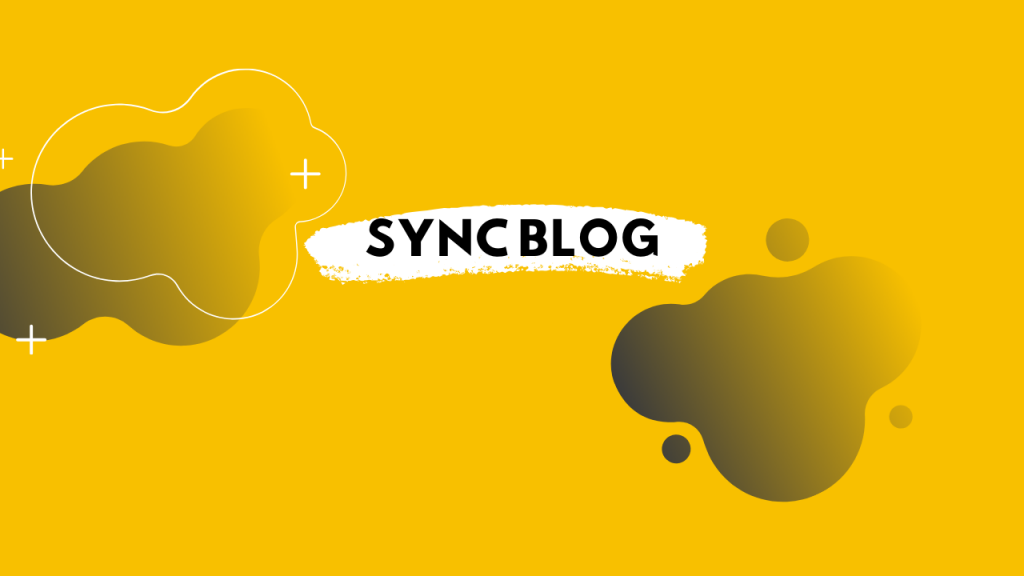How to stay sane during insane times: The value of counterfactual thinking

The Clock – Marc Chagall (1914)
A ticking clock symbolizing the uncertain times you cannot hold back
It is easy for me to think about how spring and summer of 2020 would have been. I would have lived in my brand-new apartment and have commuted to my new office in Rotterdam. I would have gone on a family trip to New York, for the first time in my life. I would have gone to a concert of a singer I have been a huge fan of since I was 13 years old. Will this thinking about a different reality help me stay sane? Probably not.
Counterfactual thinking
I may not be the only person wondering what might have been during this Covid-19 pandemic. Having these thoughts about alternatives to past events is called counterfactual thinking. It is a central part of people trying to make sense of the world around them. Counterfactuals can therefore be seen as thoughts focusing on the imagined versus factual state of affairs; thoughts of what might have been. This thinking about a different reality is seen as an unhelpful thinking style, since it may lead to more distress. When we think too much in sentences as “I would have …” or “I should have…”, this leads us to excessively focus on a situation we are not content with. Several studies have associated this thinking style with more negative affect, worry, anxiety, and rumination.
The value of counterfactuals
If this human tendency to think in counterfactuals appears to be unhelpful and distressing, why do we do this? Why do we think in this dysfunctional way? Rather than seeing it as a source of distress, counterfactual thinking can also be seen as a beneficial way of thinking. Some argue that counterfactuals form a useful and necessary component of behavior regulation. Thinking about what might have been equals thinking about the discrepancy between the current and ideal state. Because of this discrepancy, we are thinking about the current situation we are not happy with and are wondering if there are ways we could have achieved our ideal state that we are more content with. In this line of reasoning, counterfactual thinking is a form of problem solving.
An important factor in the value of counterfactuals is opportunity. When opportunities exist for further action, this can promote behavior regulation. Imagine saying to yourself “I should have been more productive today”. It is more likely that you will change your behavior and be more productive if you think this is possible; for example, when you can create a quiet and comfortable home workspace. In other words, when thinking about what might have been and at the same time about alternatives for the situation, counterfactual thinking can be seen as a form of problem solving. The perception of opportunities can make counterfactual thinking of value.
Counterfactuals in young individuals during a pandemic
So, how do counterfactuals relate to the current pandemic? The effects of the pandemic on the development of young individuals are currently unknown. We do not yet know how young individuals cope with this uncertain period. To this day, they have not seen their friends and peers for months in the ways they would typically see them. Similarly, they have not been able to go to school, sports, parties and other social gatherings. Given that the perception of opportunities plays a role in using counterfactuals beneficially, young individuals may be good candidates for using counterfactual thinking to their advantage. Adolescence is seen as an important developmental period, reflecting a sensitive period for adapting to one’s environment, particularly to one’s social environment. Adolescents may find creative ways to make the best out of this situation. Indeed, there are many examples of young individuals finding opportunities during this pandemic: students helping children from primary and high schools to catch up with their schoolwork (1), adolescents making food packages for others (2), and adolescents spending time and playing games with the elderly (3). This may suggest the beneficial use of counterfactuals among young individuals.
On the other hand, adolescence is seen as an important period for self-development with physical, cognitive, and social changes. This developmental period is a time of exploring, spending time with friends, and gaining independence from your parents. Being in a pandemic during the adolescent years may affect this development in a disadvantageous way.
Staying sane during insane times
As a 24-year-old, I am probably not the only young individual being a ‘culprit’ of counterfactual thinking during these pandemic times. We have seen that counterfactuals may be beneficial. However, we have never been in a pandemic this size before. How can we use counterfactuals to our advantage during these uncertain times? Counterfactuals may help us to think about what we miss and what we wish for. I am trying to optimally use this knowledge during these times. To compensate not being able to attend the concert of my favorite artist, I am repeatedly watching the concerts from previous years. Instead of living alone for weeks in my apartment, I see my apartment as a holiday destination by occasionally inviting friends over (while keeping a distance of 1.5 meters) or by spending the night there. In this way, I hope that the value of counterfactuals helps me to stay sane during these insane times.
Contact
Erasmus University Rotterdam
Mandeville Building T13
Burgemeester Oudlaan 50
3062 PA Rotterdam, the Netherlands

